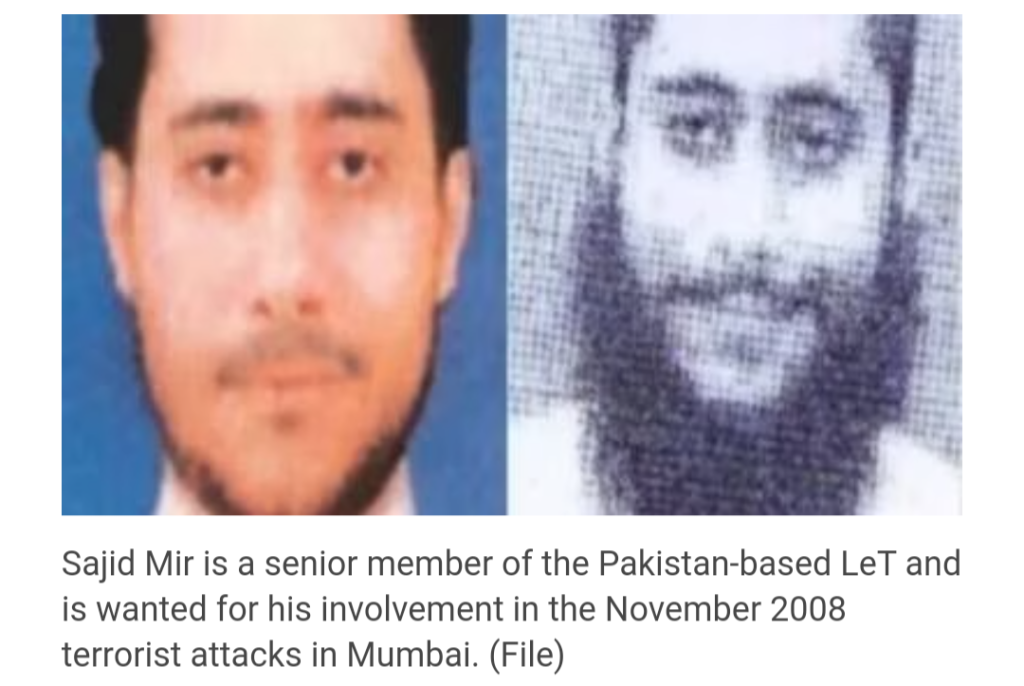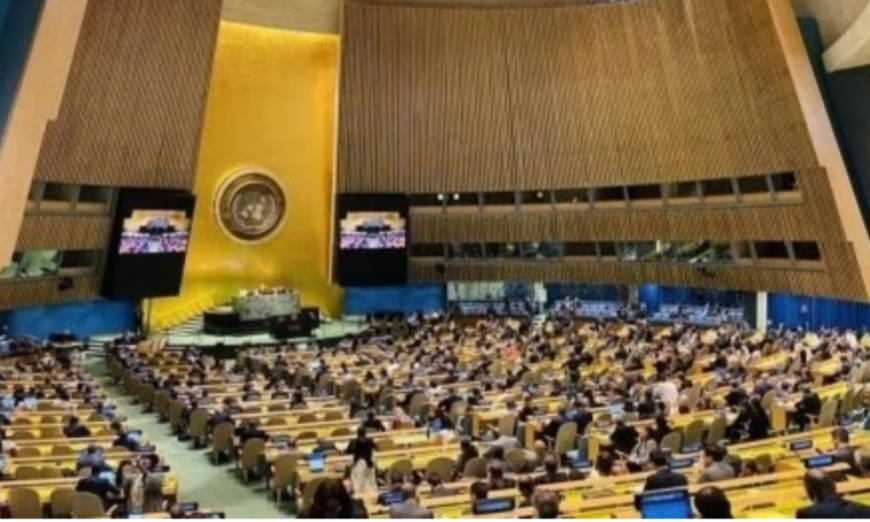The UN General Assembly.
India, on Wednesday said that if established terrorists cannot be proscribed by the United Nations “for petty geopolitical interests”, it shows a lack of “genuine political will to sincerely fight” the challenge of terrorism.
This came a day after China blocked a proposal at the United Nations to designate Pakistan-based Lashkar-e-Taiba terrorist Sajid Mir as a global terrorist.
Speaking at the United Nation’s counter-terror meeting, Prakash Gupta, Joint Secretary, UN Political at the Ministry of External Affairs said “…When the proposal for listing Sajid Mir – did not get through the Global Listings of the UN Security Council Sanctions Regime despite several member states co-sponsoring it – we have righteous reasons to believe that something is genuinely wrong with the global counter-terrorism architecture”.
“If we cannot get established terrorists who have been banned across global landscapes proscribed by the United Nations – for petty geopolitical interests – then we really do not have the genuine political will to sincerely fight this challenge of terrorism,” Gupta added.
In order to tackle the issue of terrorism, Gupta said, one must avoid “double standards and this self-defeating justification of good terrorists vs bad terrorists”.
On the day Prime Minister Narendra Modi arrived in the United States for a state visit, Beijing blocked the proposal that had been moved by the US and co-designated by India to blacklist Mir under the 1267 Al Qaeda Sanctions Committee of the UN Security Council as a global terrorist and subject him to assets freeze, travel ban and arms embargo.
In September last year, it was learnt that China had put a hold on the proposal to designate Mir at the UN. Beijing has now blocked the proposal.
Sajid Mir is one of India’s most wanted terrorists and has a bounty of USD 5 million placed on his head by the US for his role in the 26/11 Mumbai terror attacks. In June, he was jailed for over 15 years in a terror-financing case by an anti-terrorism court in Pakistan.
Pakistani authorities had in the past claimed Mir had died, but Western countries remained unconvinced and demanded proof of his death. This issue became a major sticking point in FATF’s assessment of Pakistan’s progress on the action plan late last year.


